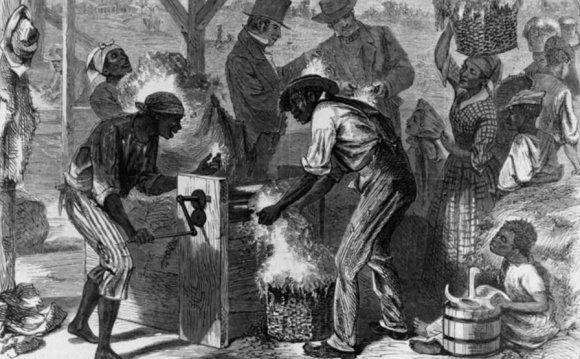
Significantly more than seventy years after her demise, Virginia Woolf is still a source of determination, analysis, interest, and admiration. Focus on a small number of popular occasions inside her life time has actually turned this lady into a mythological figure that, oftentimes, might have small resemblance towards flesh-and-blood lady behind the brand. However besides the tales of the woman breakdowns, her ‘madness, ’ her snobbishness, her suicide, while the intimate punishment she experienced, there’s alot more to tell about the publisher who was within forefront of twentieth-century Modernism.
1. When Virginia and Leonard Woolf, just who collectively ran the Hogarth Press, got the manuscript of very first chapters of James Joyce’s Ulysses, they switched it down for publication as it was impractical to print the whole guide on their handpress. Although she later on came to appreciate some components of the guide, having read it through first time, she was hardly passionate: ‘First there’s a dog that p’s – then there’s a guy that forths [i.e., orgasms], and another are monotonous also on that subject – additionally, we don’t genuinely believe that their method, that is very developed, suggests a whole lot more than eliminating the explanations and putting in the thoughts between dashes.’
 2. an often told, with no question usually adorned family anecdote recalled exactly how James Pattle, Virginia Woolf’s great-grandfather on her behalf mother’s part, notoriously drank himself to demise. As a part associated with Bengal Civil Service, Pattle had to be sent back to England in a cask of rum. During a storm, however, the cask exploded, along with his widow, in the shock of seeing her belated husband’s human anatomy such a situation, passed away instantaneously. The soldiers aboard the ship, roughly the disputed tale goes, drank the rum.
2. an often told, with no question usually adorned family anecdote recalled exactly how James Pattle, Virginia Woolf’s great-grandfather on her behalf mother’s part, notoriously drank himself to demise. As a part associated with Bengal Civil Service, Pattle had to be sent back to England in a cask of rum. During a storm, however, the cask exploded, along with his widow, in the shock of seeing her belated husband’s human anatomy such a situation, passed away instantaneously. The soldiers aboard the ship, roughly the disputed tale goes, drank the rum.
3. Virginia Woolf had really blended feelings about Thomas Hardy’s abilities as a writer. ‘i believe he previously genius & no talent, ’ she had written in 1936, and even though this may seem harsh, the woman judgement was not completely derogatory. Although she believed their novels were ‘full of inequalities, ’ ‘lumpish, ’ and ‘dull, ’ she praised his capacity for ‘moments of eyesight’ by which ‘a solitary scene breaks removed from the rest.’ The subject of her very own autobiography, Moments to be, is a definite tribute to Hardy.
YOU MIGHT ALSO LIKE











